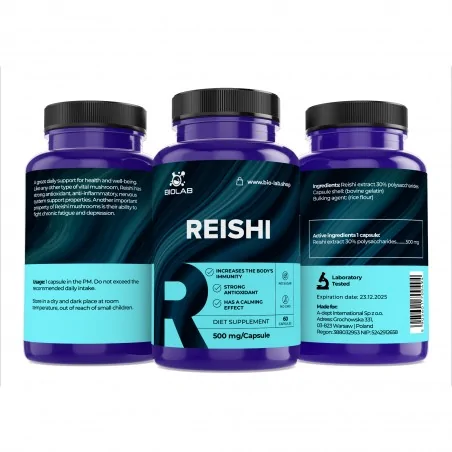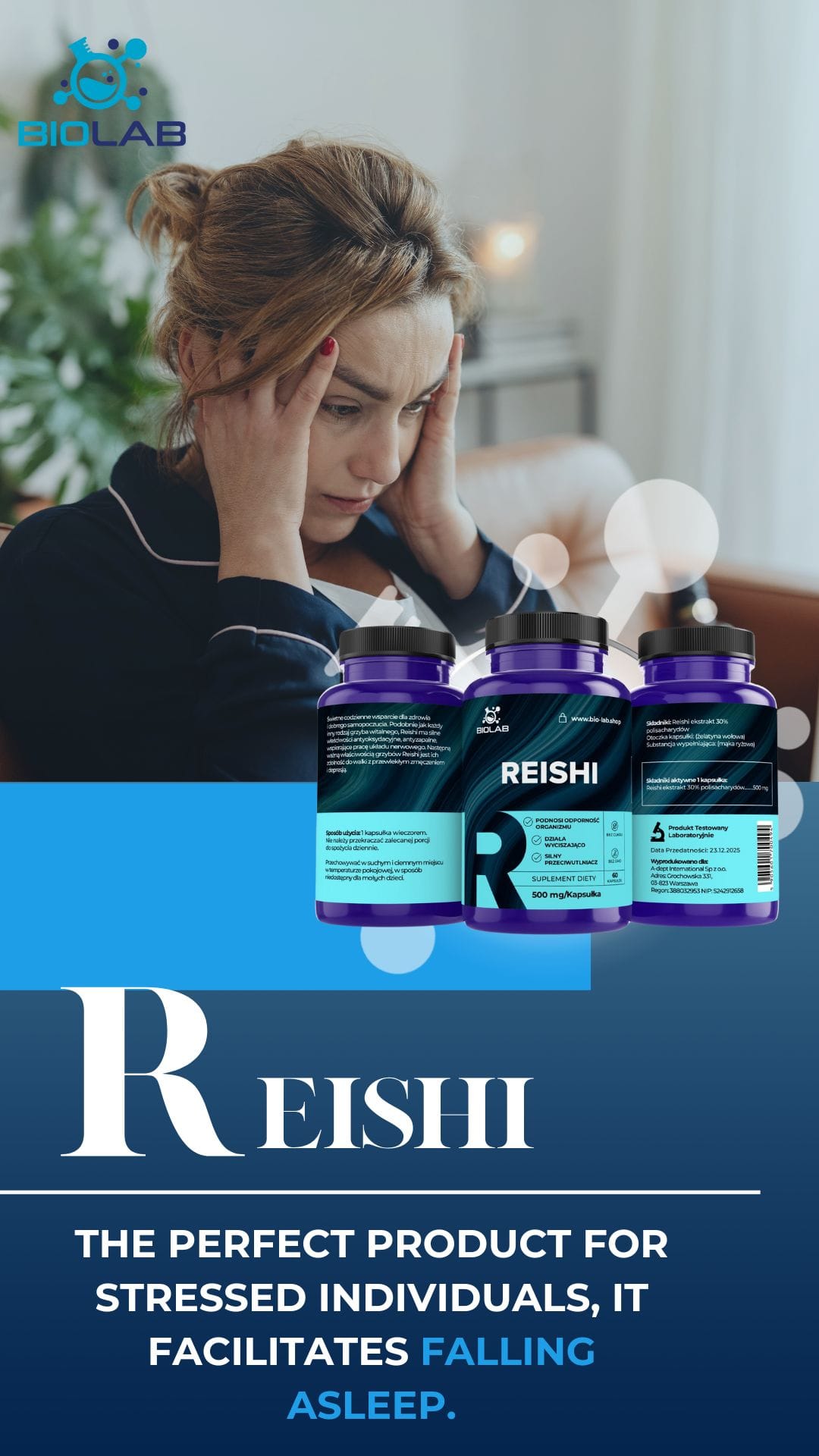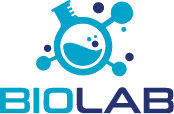
REISHI 500mg
Product code:
Buy 3 and get 3% discount
Buy 5 and get 5% discount



Product code:


















REISHI 500mg
Reishi is a large, dark brownish-red medicinal mushroom with a glossy surface and woody texture that grows on decaying wood in warmer regions such as Asia, South America, the South Pacific and the southeastern United States. It is usually pronounced "ray-shee," and is known as lingzhi in China. Reishi is said to have an earthy taste with bitter notes (from triterpenes), but supplements mask the bitterness with sweet flavors.

Benefits of using
There are more than 2,000 species of reishi, but the type most commonly used for therapeutic purposes is Ganoderma lucidum, the red reishi variety. Other colors include:
''Reishi is an adaptogen - a class of herbs and mushrooms that help the body overcome and adapt to physical, chemical and biological stress. Reishi mushrooms have their properties due to their adaptogenic nature. Adaptogens are herbs that help us cope with stress and stay resilient when stress is inevitably thrown our way," - says Dr. Sydney Baker, a naturopathic physician at Oasis Hormone Therapy and Wellness Center in San Diego. "In addition to supporting immunity to stress, consuming reishi can support a healthy immune system, reduce fatigue and even support sleep. Reishi also contains antioxidants, prebiotic fiber, vitamin D precursors and other enzymes that support overall health."
Researchers have linked the following health benefits to reishi mushrooms and supplements.
Reishi side effects are usually minor and include:

Your review appreciation cannot be sent
Report comment
Report sent
Your report cannot be sent
Write your review
Review sent
Your review cannot be sent
Customers who bought this product also bought:
BPC-157 HCL capsules 100mcg
RESVERATROL EXTRACT...
FORSKOLIN
LIPOTROPIN 100mcg
ASTRAGALUS
SYNEPHRINE 25mg/60capsule
HGH - Recombinant Human...
OMEGA3+WIT E
Newsletter
SIGN UP AND STAY UP TO DATE!
We specialize in wholesale and retail supply of high quality peptides.
Category
Our company
Add to wishlist
((title))
Sign in
You need to be logged in to save products in your wishlist.